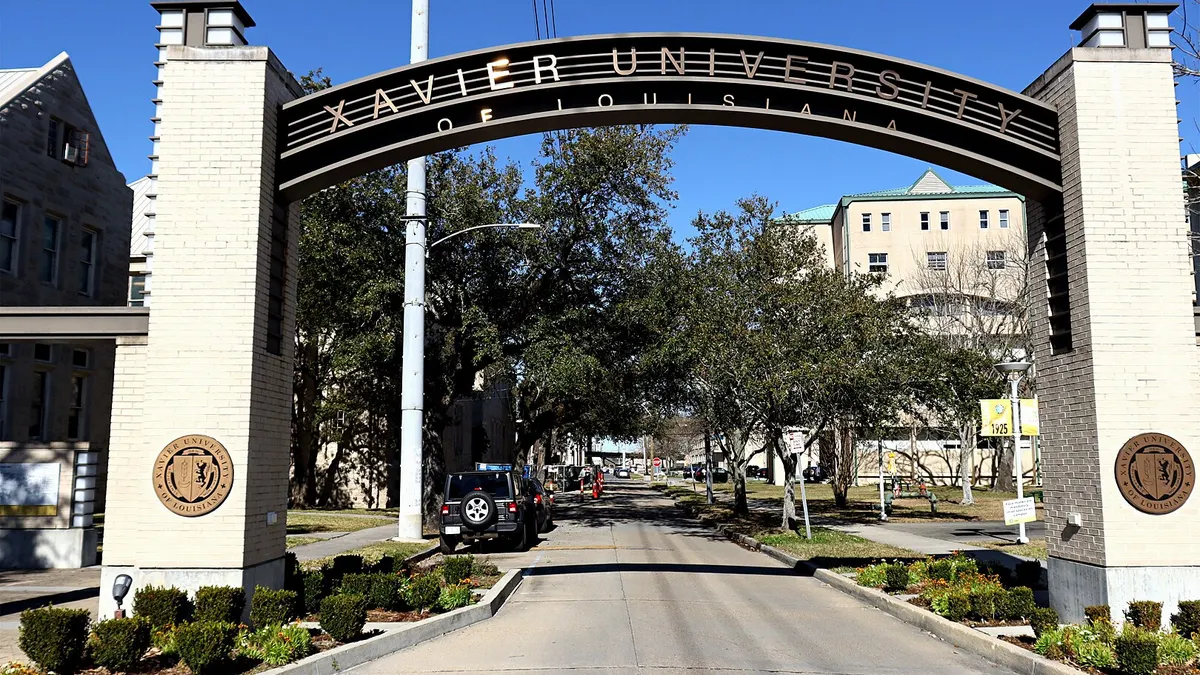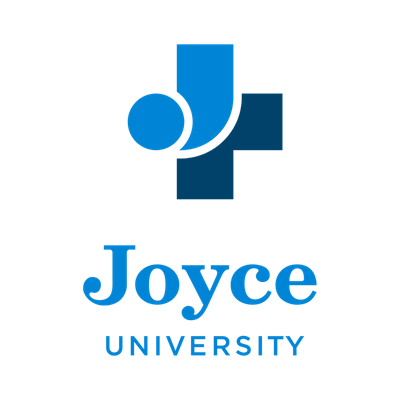Dive Brief:
- NYU School of Medicine announced it is offering full-tuition scholarships to all current and incoming students in its MD degree program in an attempt to stifle the rising costs of medical education, remove financial barriers for potential students and prepare for the coming physician shortage. The school divulged the change in a Thursday press release.
- The yearly tuition costs covered by the scholarships amount to $55,018. According to the Association of Medical Colleges, the median debt of a medical student graduating from a private institution was $202,000 in 2017, though 21% graduated with over $300,000 of debt.
- In 2013, NYU School of Medicine, along with a number of its institutional peers, began offering an accelerated three-year curriculum as a way to address the student debt crisis. However, it is the first top-10 ranking medical school in the country to offer full-tuition scholarships for all students.
Dive Insight:
Affordability is a hot issue in higher education, and the cost of obtaining a degree isn't getting any better for potential students. By providing tuition-free medical education, NYU School of Medicine is leaving students to pay only for housing, fees and the cost of living. It's also an important step toward creating inclusivity while addressing growing concerns around the looming physician shortage.
The AAMC estimates a shortfall of as many as 121,300 doctors by 2030. In primary care alone, that number could reach 43,000. Faced with the longstanding threat, AAMC began pushing for higher medical school enrollment in the early 2000s. However, part of the problem for primary care physicians is payment parity in comparison to specialties.
Accruing all that debt has deterred medical school graduates from pursuing careers in less lucrative fields such as primary care, pediatrics and obstetrics and gynecology. This has also placed more pressure on nurse practitioners. According to a recent study in Health Affairs, primary care practices are increasingly turning to nurse practitioners to fill the care delivery void.
NYU School of Medicine's new program is not the first to offer students a tuition-free medical education. In 2014, UCLA’s David Geffen School of Medicine established a $100 million fund to pay for medical school for roughly a fifth of its students for all four years, including tuition, fees and cost of living. That program, however, was offered to students based on merit, while NYU's program is available to all of their enrolled students.
While this move from NYU School of Medicine may prompt other institutions to offer similar programs, the next financial obstacle for physicians will lie in residency costs: While the Social Security Act of 1965 mandated a portion of Medicare to cover costs for residents honing their specialties, the Balanced Budget Act of 1997 put a cap on the number of residencies it would cover.
Congress said at the time that it would address the residency cap at a later date, but over two decades later, that date is yet to come.








